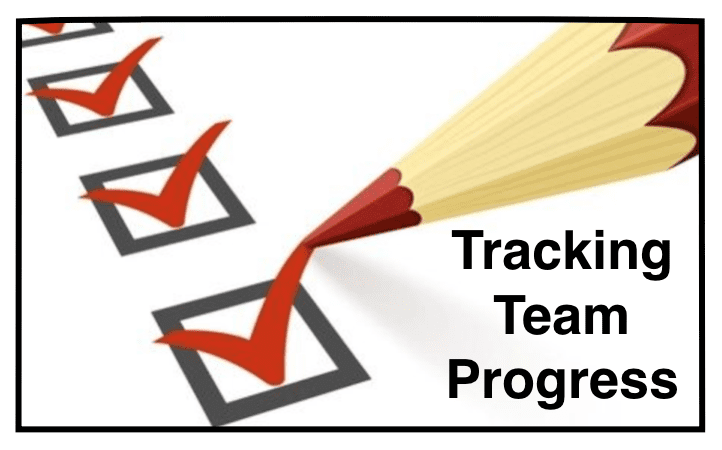Episode 180 | Accountability
This episode explores how accountability can improve situational awareness. Length: 37 minutes click the YouTube icon to listen _____________________________________________________ If you are interested in taking your understanding of situational awareness and high-risk decision making to a higher level, check out the Situational Awareness Matters Online Academy. CLICK HERE for details, […]
Episode 180 | Accountability Read More »






